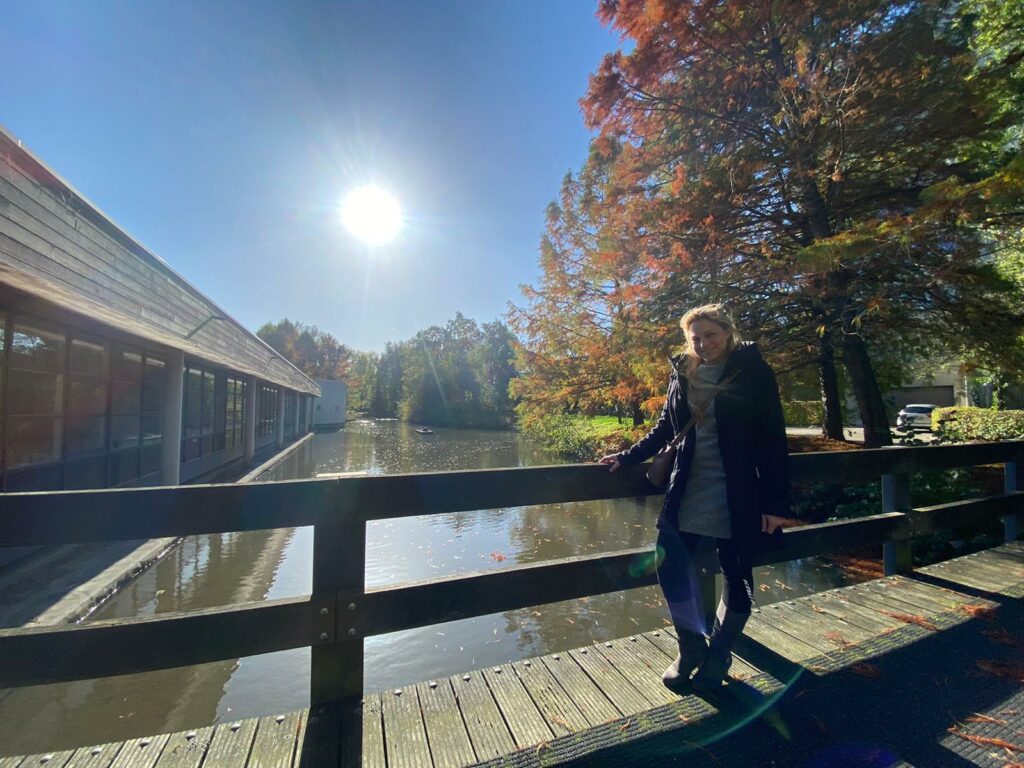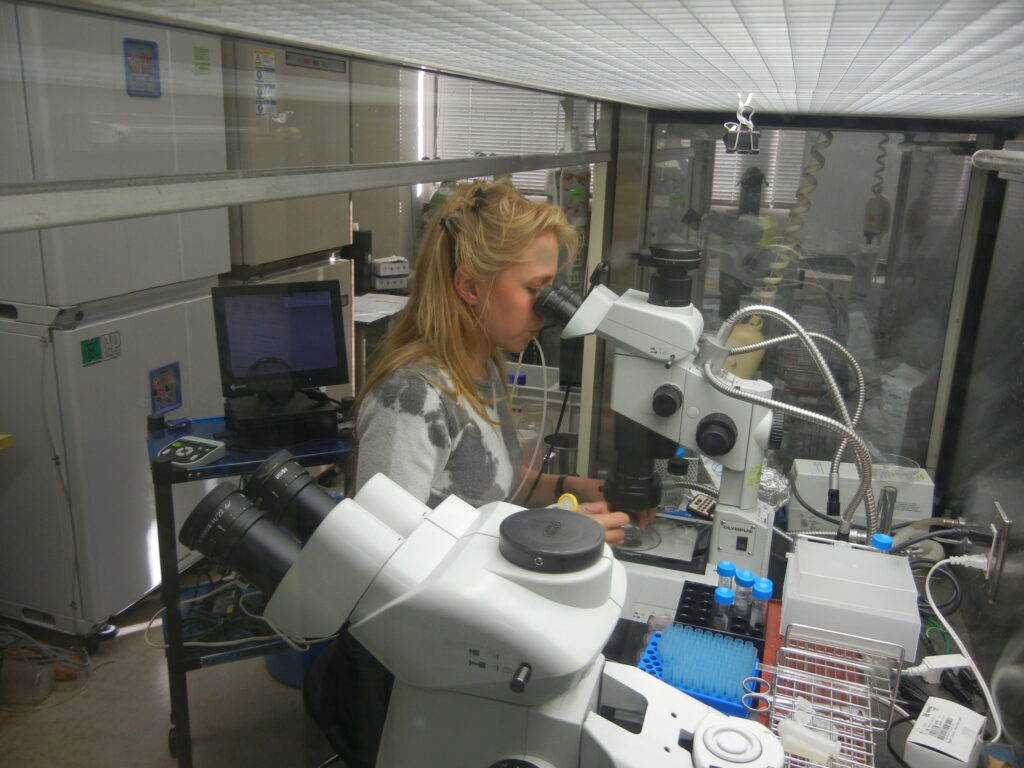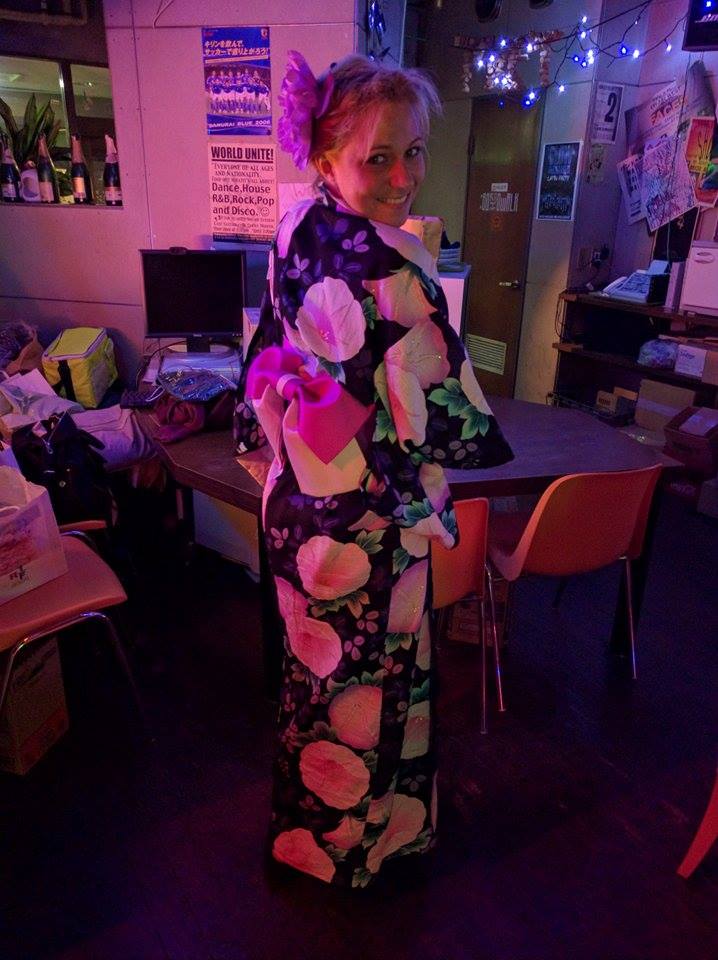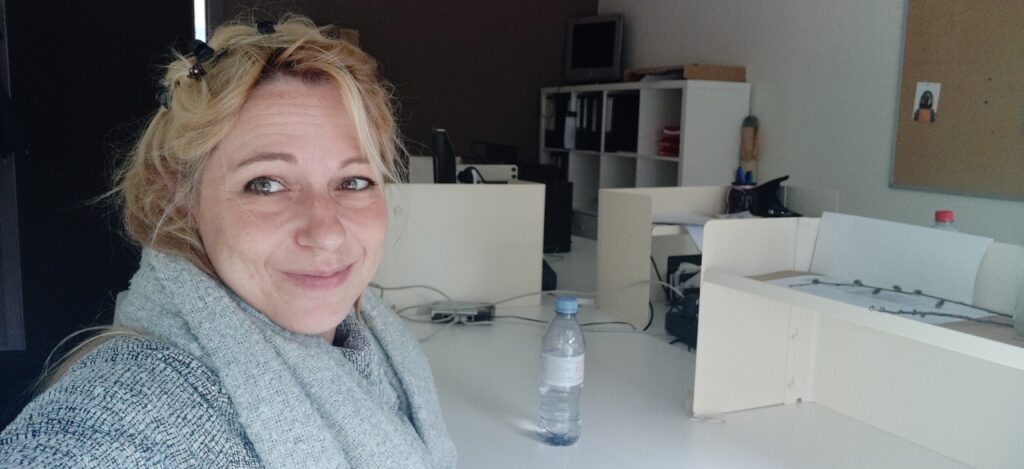
What are you researching and what do you hope to achieve?
As a newly appointed Tenure Track Research Professor in the Department of Veterinary Sciences, my main objective is to establish a new research program focused on using stem cell technology to improve fertility preservation in humans and endangered species.
One key area of my research will be in vitro gametogenesis, which involves generating eggs outside of the body using stem cells as a starting point. This concept has been successfully demonstrated in mice, but to bring this technology closer to practical applications in humans, further research is needed using large animal models such as pigs.
To achieve this goal, my research team will focus on isolating or creating stem cells from pigs and transforming them into eggs. This highly innovative and cutting-edge technology has the potential to provide solutions for even the most severe cases of infertility, as current techniques primarily rely on the use of already present eggs, which means that patients or animals without their own egg reserve cannot be helped. With stem cell technology, we have the potential to change this.
When we succeed in developing this technique, which was previously considered science fiction, in pigs, it will open doors for investigating its feasibility in humans and endangered species. The ultimate goal of my research program is to use the knowledge gained from these studies to develop new and more effective methods for preserving fertility in humans and endangered species.
You’re now starting up your own lab. What was your career path to get here?
It all began with my Bachelor’s degree in Veterinary Sciences at the University of Antwerp. During my Master’s program, I was one of a select few students who incorporated a research project into my Master’s thesis, even though my specialization was not focused on research. At the start of my studies, my goal was to become a veterinarian, which is a common aspiration among students in this field. However, my involvement in the research world sparked my curiosity and led me to pursue a career in research.
During my PhD studies on in vitro embryo production, I had the opportunity to work with some of the leading scientists in the field of animal reproduction from Japan. When they invited me to join their lab as a post-doctoral researcher, I jumped at the chance without hesitation. It was a big, and at times daunting, step to move alone to the other side of the world for this opportunity, but it was an experience that opened my eyes in many ways. The cultural differences between Japan and the Western society, both professionally and personally, were vast and eye-opening. This experience taught me that science knows no borders, and from that project onwards, I did not confine myself to a specific research line. After completing my PhD, I was eager to gain knowledge in complementary fields.


Prof. Ruth Appeltant working in the lab and wearing a kimono in Japan.
During my time in Japan, I focused on the field of cryopreservation, and then I moved on to another post-doctoral position in a highly reputable lab for genomics. When a position to work on the conservation of the Northern White Rhinoceros, which is now functionally extinct, opened at the University of Oxford, I saw an opportunity to bring together my knowledge of in vitro embryo production, cryopreservation, and genomics to make a meaningful contribution to saving endangered species. This project faced several challenges, one of which was the scarcity of eggs from older females. These animals are in dire need of artificial reproductive techniques, but without eggs, there is no source material to work with in the lab. This realization led me to think bigger and explore how to create eggs using stem cells. This approach holds great potential as a solution to this problem.


Prof. Ruth Appeltant at Oxford University.
My position at the University of Antwerp as a Tenure Track Research Professor gives me the opportunity to fulfil my lifelong dream of taking care of the future by taking care of biodiversity and fertility. Establishing my own research group is my ultimate dream and accomplishing my research goals will be the finishing touch. The opportunity to investigate the science questions you believe need to be solved gives immense satisfaction. Yes, we can… change the world.
What do you like about research? Are there things you would change if you could?
The importance of science cannot be overstated. What people expect from a high quality life can be achieved through continuous improvements and advancements in science. Basic science is extremely relevant for breaking new ground, but it can only benefit humanity when creative minds think about its applications. The two approaches are thus complementary. I was convinced from an early age that problems should be addressed at the root and I firmly believed that the efforts of an individual, albeit in a team, can have a lot of meaning. I remain convinced of the fact that I, as an ambitious scientist, can make a difference for people and animals.
Not everything in the academic world is a bed of roses. Two issues are very decisive. First, there is the financial sword of Damocles hanging over every project. No money, no research. Finding sponsorship and funding is linked to a huge mountain of administrative paperwork with an uncertain outcome and requires the building of an enormous network of colleagues and stakeholders. A second pain point is the evaluation system of scientific work. Success of academics is often linked to the amount of publications they produce. The system of peer review is highly debated due to its lack of transparency, objectivity and critical honesty.
What advice would you give to junior researchers?
Advising junior researchers can be a challenging task as the academic world is complex and can be difficult to navigate. It is important to select a supervisor who you trust and can guide you through the complexities of scientific research. Additionally, it is important to actively build a professional network by participating in conferences, workshops, and other events. During my own career, I chose to master several complementary disciplines because I believe that scientific challenges today are complex and require an interdisciplinary approach.

As Paul J. Meyer once said, “Productivity is never an accident. It is always the result of a commitment to excellence, intelligent planning, and focused effort.” This quote highlights the importance of perseverance, and with it, the other aspects of success will follow. Good luck!
If you’re interested in working in my lab or doing an internship with me, then don’t hesitate to get in touch!
Prof. Ruth Appeltant, email: ruth.appeltant@uantwerpen.be
You can also find me on Twitter and LinkedIn!
Article written by Prof. Ruth Appeltant, edited by Dr. Bronwen Martin.
